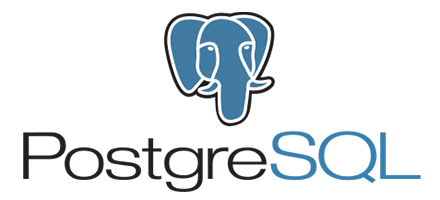Here’s an overview of what PostgreSQL does:
- DataData Data is a set of quantitative and qualitative facts that can be used as reference or inputs for computations, analyses, descriptions, predictions, reasoning and planning. Storage and Management: PostgreSQL allows users to create and manage databases, storing data in a structured format using tables. It supports a wide range of data types, including primitive types (e.g., integers, text), structured types (e.g., date/time, arrays, range types), document types (e.g., JSON, XML), and custom types defined by the userUser User means a person who uses or consumes a product or a service, usually a digital device or an online service..
- Advanced SQL Support: PostgreSQL is known for its robust SQL compliance and support for advanced SQL features. This includes complex queries, foreign keys, triggersTriggers Triggers are a set of signals or occurrences that meet certain criteria to be considered an opportunity to make a sale., views, stored procedures, and more. It allows for sophisticated data manipulation and retrieval, making it suitable for a wide range of applications, from simple to complex.
- Extensibility and Customization: One of PostgreSQL’s strengths is its extensibility. Users can define their own data types, custom functions, and even write code in different programming languages without recompiling the database. Additionally, it supports the creation of extensions that add new functionality to the database system.
- Concurrency and Reliability: PostgreSQL uses Multi-Version Concurrency Control “MVCC” to handle concurrent data access, ensuring data integrity and consistency. It also provides mechanisms for high availability, replication, and disaster recovery to ensure that data is safe and accessible.
- Security: PostgreSQL offers a comprehensive security model. It includes authentication, authorization, and encryption features to protect data and ensure that only authorized users can access the database system. It supports various authentication methods, including LDAP, SCRAM-SHA-256, and certificate-based authentication.
Due to its dependability, feature set, and performance, PostgreSQL is a widely used database by developers and businesses of all sizes. It is suitable for a wide range of applications, from web and mobile applications to geospatial databases and data warehousing solutions. Its open-source nature and strong community support have contributed to its popularity and continuous development.
See how Pipeliner’s enterpriseEnterprise Enterprise (in the context of sales) is a relatively large organization typically composed of multiple levels, locations, and departments which need multi-layer software systems that support collaboration across a large corporate environment.-scale API integration platform can transform your business. Request a demo today of PostgreSQL integration and automation.
About PostgreSQL
PostgreSQL, often simply called Postgres, is an open-source, advanced object-relational database management system “DBMS”. It provides the functionality needed to store, retrieve, and manage data in relational databases, supporting both SQL (Structured Query Language) for relational queries and JSON (JavaScript Object Notation) for non-relational queries.

Connect App to Pipeliner CRM Now
Learn More About Pipeliner CRM
Take a no-obligation 14 day trial of Pipeliner CRM.
No credit card info required – just experience for yourself how it could impact your sales.
